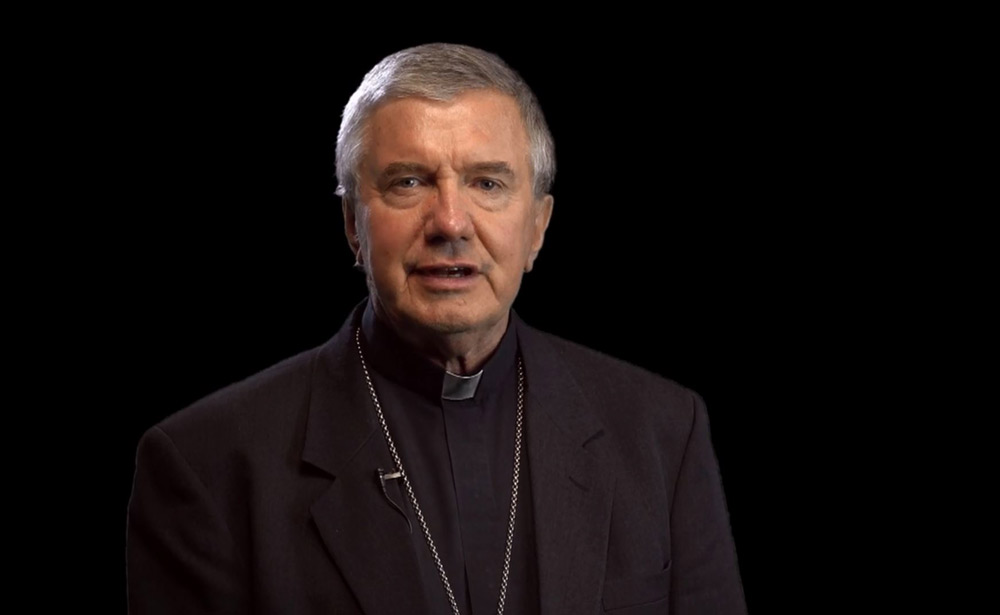
.
Priests are not above the law. Of course, that is true. Priests want to be good citizens. At the same time, they want to be good and faithful Ministers of the Catholic Church.
The child abuse crisis is everything good people in society respond to with disgust. Courageous survivors have shared their wounds of criminal abuse within the Catholic Church over past decades.
The way we initially handled the crisis was disastrous. The wounds of the victims have wounded us. There is firm resolve to amend our ways. I am deeply committed to ensure that this lamentable history remains exactly that: history.
As a leader within the Catholic Church, I welcome the inclusion of clergy as mandated reporters of child sex abuse within the ACT. Indeed, I called for this some years ago before it was proposed for legislation.
The proposal that all adults have responsibility for reporting such abuse is certainly true. This makes child protection everybody’s business.
The moot point is the issue of the seal of confession.
Confessions are anonymous. Priests, unlike counsellors, do not take appointments. Confessors are generally unaware of the identity of the penitent because of the construction of the confessional room.
The Archdiocese of Canberra and Goulburn explained this clearly to the ACT Government. We indicated that the extension of the legislation into the seal of confession would be inoperable.
At the same time, priests throughout the world are bound never to reveal what is spoken of in the confessional.
Secrecy and deceit are the modus operandi of paedophiles. If they are Catholic, evidence suggests they avoid confession. On the rare occasion a paedophile may confess, priests know they must give clear and unequivocal advice to the penitent to report themselves to the police.
The Attorney-General asked Justice Julie Dodds-Streeton to provide advice on failure-to-report laws, including laws that could compel priests to report revelations of child sexual abuse heard during the Sacrament of Confession.
Her independent report concluded that abusers are very unlikely to tell anyone. In the unlikely circumstance they did, there would almost certainly not be enough information to see the confession reported to police.
Over the past 30 years, the Church has focused on things that will make children safer. Since the Final Report of the Royal Commission, we continue to implement their 10 key elements for child-safe institutions.
We are also giving great attention to the screening of priests, religious and lay faithful who work with children. All this continues in the future.
Now, however, we priests in the ACT find ourselves on the brink of an impossible choice. We will have to either respect the seal of confession and face prosecution, or comply with the law and face automatic excommunication.
Laws to break the seal of confession are a distraction from other measures that can make real and important improvements to child safety.
The ACT Government’s own report says trying to break the seal of confession would be ineffective. Let’s continue to work together on the many effective initiatives that can protect children and vulnerable adults.
Christopher Prowse is Catholic Archbishop of Canberra and Goulburn
|